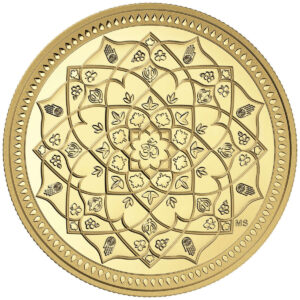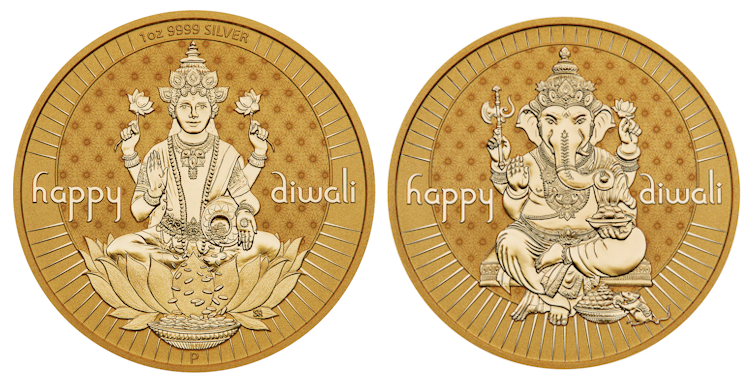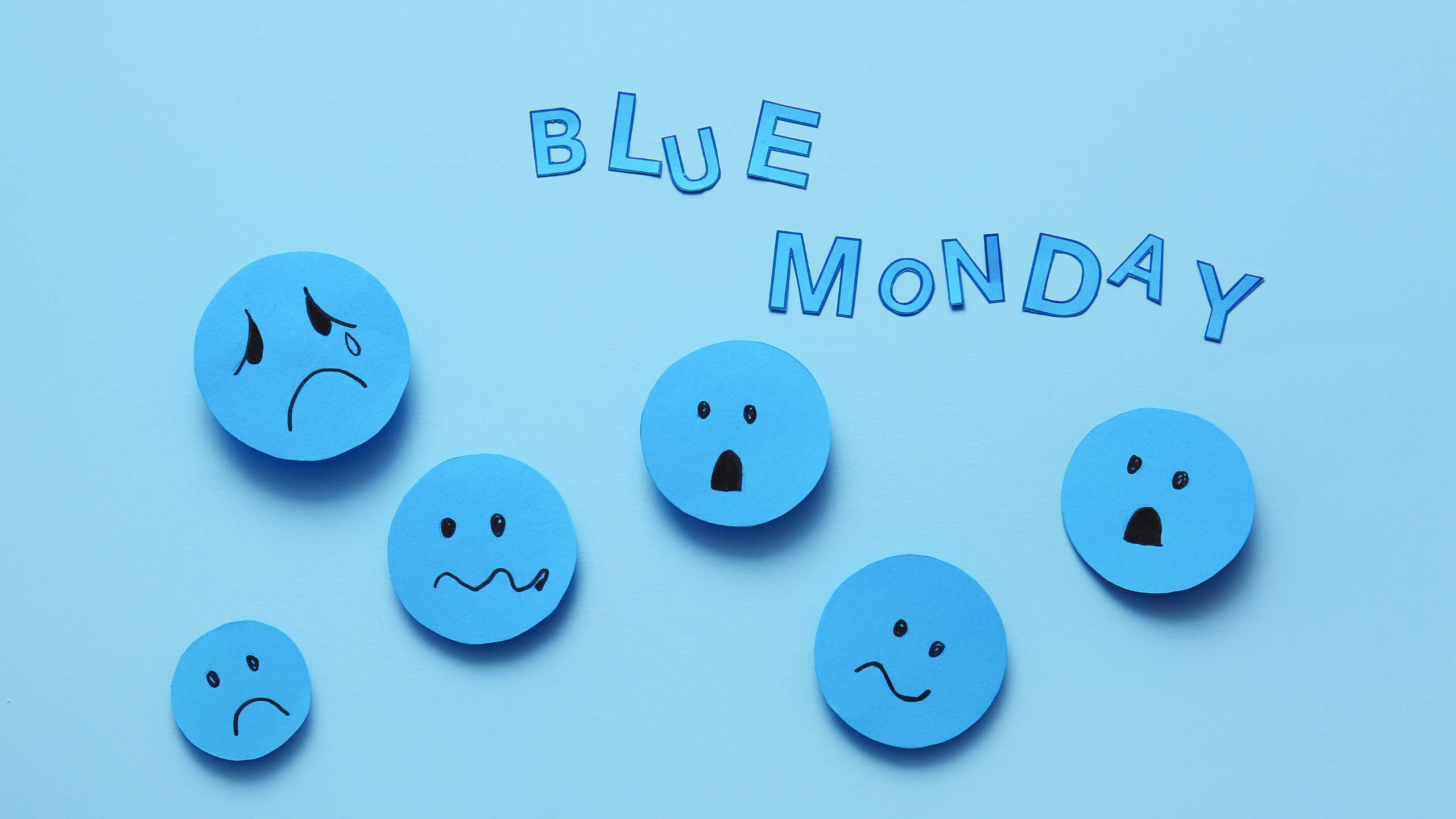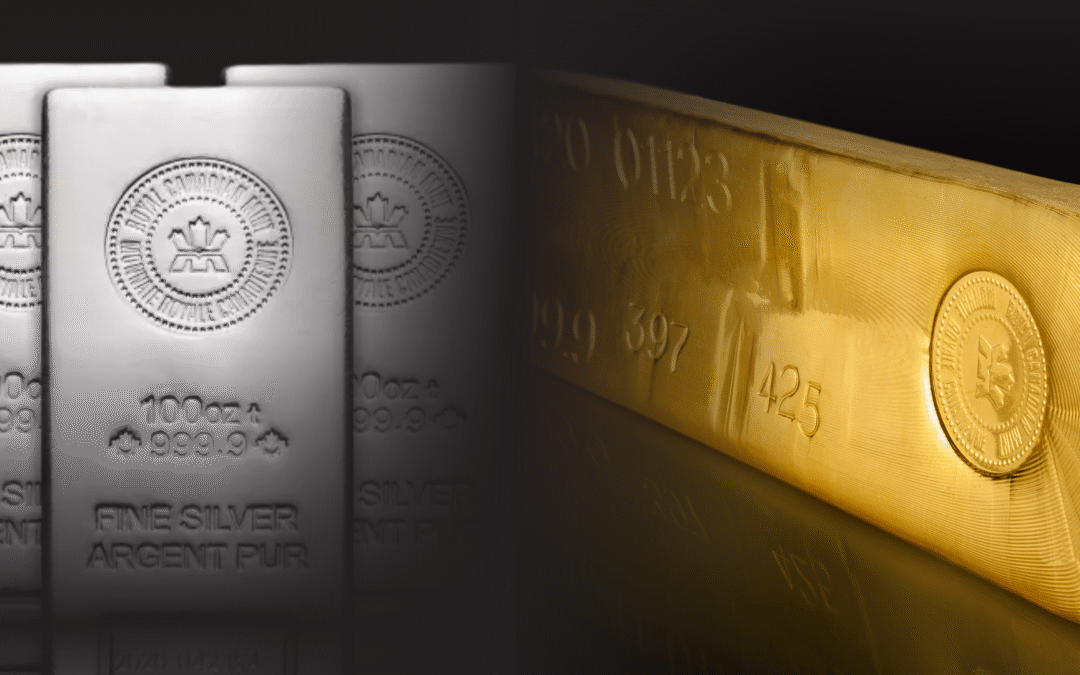Diwali: A Celebration of Light, Love, and Little Joys
As the air cools and nights lengthen, residences globally begin to shimmer with festive lights, joyous sounds, and the aroma of cardamom and ghee. It is once again that enchanting period—Diwali. Whether one has observed it since childhood or is encountering this holiday for the first time, Diwali is a festival that envelops individuals in comfort, happiness, and considerable radiance.
What is Diwali All About?
Diwali (or Deepavali) literally means “a row of lights,” and that’s exactly what it feels like – an entire season glowing with hope. It’s celebrated by Hindus, Sikhs, Jains, and some Buddhists, each with their own beautiful stories and traditions. For many, it marks the return of Lord Rama to Ayodhya after defeating the demon king Ravana. For others, it’s about spiritual awakening or freedom. But no matter the story, the heart of Diwali is the same: light triumphs over darkness, and good wins over evil.

How is it Celebrated?
Day 1: Dhantera. A day for wealth and prosperity. Homes are decorated with Diyas (clay lamps), candles and flowers. Doorways are decorated to invite the Goddess Lakshmi (wealth) into their homes.
Day 2: Naraka Chaturdashi or Kali Chaudas or Choti Diwali. A day to purge and relinquish negative energy from the home.
Day 3: Diwali Day. Celebrated by the lighting of diyas and bursting of fireworks; families come together to prepare meals, exchange gifts, visit temples and joyfully usher in light and positivity into their lives. This is a day to celebrate the triumph of light over darkness.
Day 4: Govardhan Puja, New Year, Vishwakarma Puja. Observed as a New Year to some and a day to express appreciation and resort towards Mother Nature for others.
Day 5: Bhai Dooj. A festival day that celebrates the love and bond between siblings; observed by an exchange of gifts and sweets.
What Does Gold Have to Do with Diwali?
The custom of buying gold for Diwali dates back centuries and is closely linked with Lakshmi, the Hindu goddess of wealth and fortune. Diwali is a five-day celebration, with Dhanteras marking the first day and offering a promising beginning. It’s considered the most favorable time to purchase gold as it is thought to invite blessings and abundance into lives for the year ahead.
On Lakshmi Puja, or Diwali Day, the third day of Diwali, a cleansing is performed in order to welcome the goddess of wealth; homes are cleaned and lit up, and offerings are made to the goddess to guide her inside. These often include gold items, which are believed to retain and attract positive energy. This is not just a gesture of wealth, but on this day it becomes one of hope and renewal.

Is Gold Still Gifted For Diwali?
Gold has deep-roots in various traditions and Diwali is not exempt from that. The cultural significance and spiritual symbolism is still deeply associated with this sparkling precious metal, but has also accrued connection to legacy (investing in not only monetary value, but familial roots and cultural pride) and blending of personal aesthetic with family values.
Final Thoughts
The tradition of buying or gifting gold during Diwali remains, to this day, a meaningful way to celebrate the Festival of Lights. It is not a gift of extravagance, but a way of preparing for the future, honouring and acknowledging long-standing traditions, and welcoming hope and renewal into the present year.
To those celebrating: Wishing you all a Diwali that brings happiness, prosperity and joy to you and your family!
Photos Courtesy of Canadian Coin & Currency




